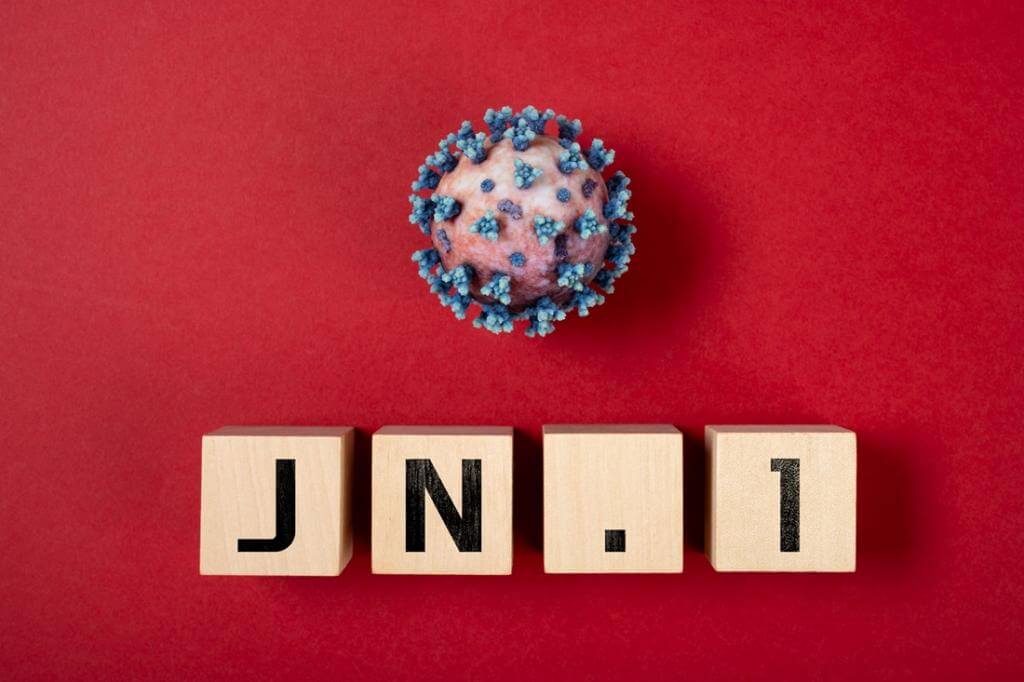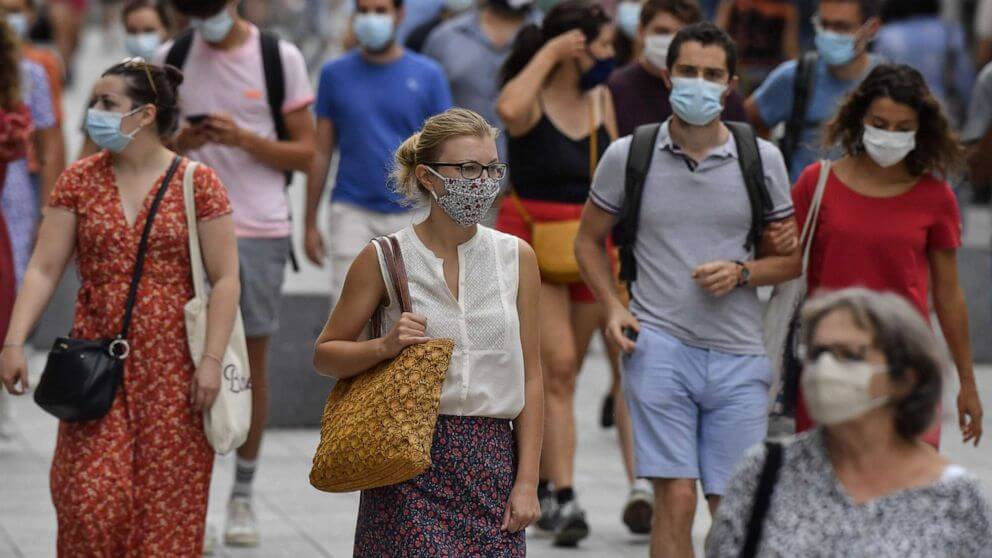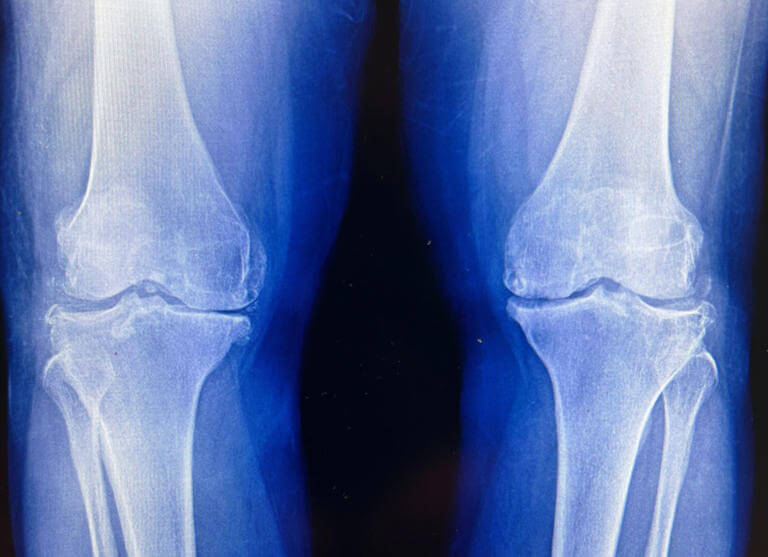New symptoms of Covid JN.1 variant
Sat 06 Jan 2024, 00:18:08

There has lately been a surge in COVID-19 cases, implying that a novel variety, JN.1, a highly immune evasive form, has evolved. So far, the majority of cases have been minor. Fever, cough, runny nose, sore throat, body soreness, and fatigue are common symptoms. These symptoms are indistinguishable from those of other respiratory infections, such as the flu.
According to Dr Hari Kishan Gonuguntla, Consultant Interventional Pulmonologist, Yashoda Hospitals Hyderabad, if the patient has these symptoms and they are minor, symptomatic management is sufficient. Shortness of breath being the red flag sign, the aged and the immunocompromised are at increased risk of serious illnesses. One of the things these (omicron variants) have in common is that they are highly contagious, and as new variants crop up, they seem to be as contagious or even more contagious than the previous variants. The CDC claims that JN.1's continuous spread indicates that the variety is either more contagious or more adept at evading our immune systems.
Common symptoms of the JN.1 variety include fever, exhaustion, and body aches. Additionally, it has moderate gastrointestinal symptoms, such as loose stools or mild stomach cramps. The two new COVID
symptoms are anxiety and trouble falling asleep. The most recent data from the Office for National Statistics showed that in addition to the typical symptoms that persons with Covid have previously described, like runny noses, coughing, headaches, and weakness, some have also reported difficulty sleeping and anxiousness.
symptoms are anxiety and trouble falling asleep. The most recent data from the Office for National Statistics showed that in addition to the typical symptoms that persons with Covid have previously described, like runny noses, coughing, headaches, and weakness, some have also reported difficulty sleeping and anxiousness.
The remaining COVID symptoms are similar to those of the previous infection waves. Fever or chills, cough, shortness of breath, exhaustion, muscular or body pains, headache, loss of taste and smell, sore throat, congestion, runny nose, nausea, and diarrhoea are all examples of symptoms. The COVID-19 pandemic has been linked to heightened levels of stress, anxiety, and uncertainty, which has increased sleep disruptions.
Elevated stress and worry can cause insomnia, making it difficult for people to fall or remain asleep. Sleep patterns are interrupted as a result of the constant assault of pandemic-related information, health worries, and lifestyle changes. Furthermore, the virus may produce respiratory problems, pain, or fever, all of which can impair sleep quality. A strong immune system requires adequate sleep, thus managing COVID-related insomnia is critical for general well-being during these times.
No Comments For This Post, Be first to write a Comment.
Most viewed from Coronavirus Updates
Most viewed from Health
AIMIM News
Latest Urdu News
Most Viewed
May 26, 2020
Can Lionel Messi's visit boost Indian football?
Latest Videos View All
Like Us
Home
About Us
Advertise With Us
All Polls
Epaper Archives
Privacy Policy
Contact Us
Download Etemaad App
© 2026 Etemaad Daily News, All Rights Reserved.





































.jpg)
.jpg)
.jpg)


